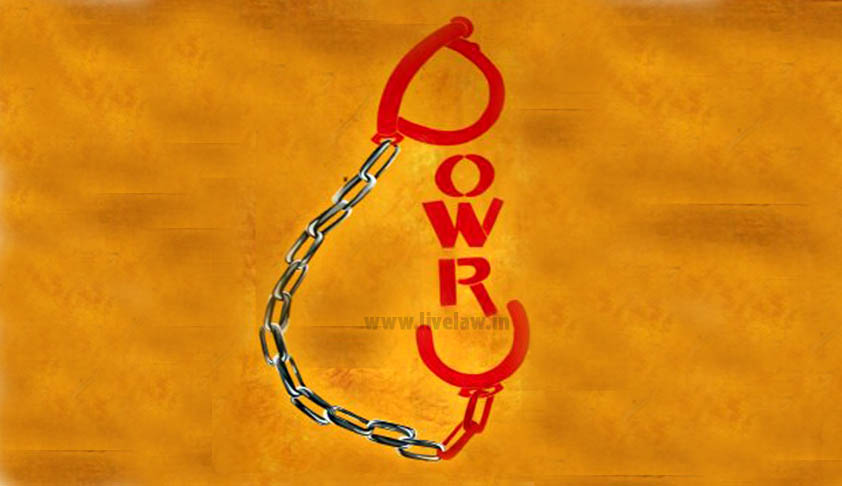Supreme Court refuses to review its judgment on arrest in dowry related cases
Gaurav Pathak
13 March 2015 5:04 PM IST

Next Story
13 March 2015 5:04 PM IST
The Supreme Court has refused to make any changes in its judgment delivered in July 2014, [Arnesh Kumar Vs. State of Bihar & Anr] by which the Supreme Court had restrained the police from automatically arresting the accused in dowry related cases. The Apex Court in that judgment had observed that, dowry laws were being “used as weapons, rather than shields, by disgruntled...
